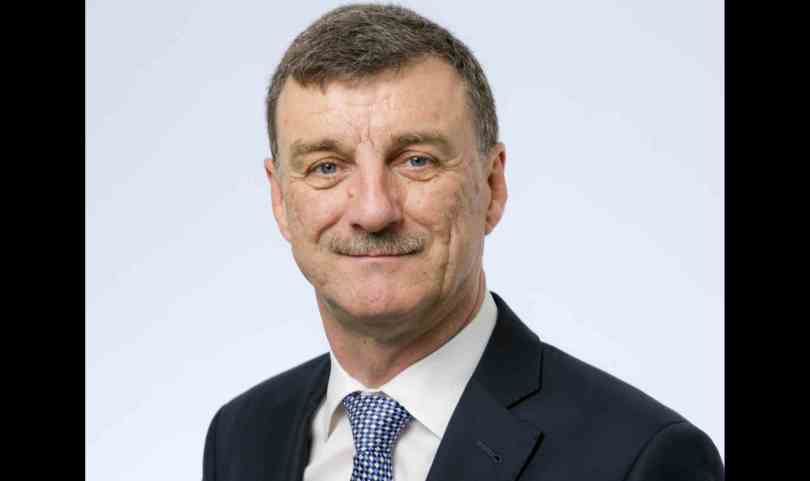Ireland exceeded its EU recycling and recovery targets last year, with a total forecast recovery rate of 96% and a recycling rate of 67.5%.
According to Repak, which runs the government-approved packaging recycling compliance scheme, in 2019 the total amount of Repak-funded material recovered and recycled in Ireland reached the one million tonne mark for the first time, and that the 96% recovery rate and recycling rate of 68% are 12.5% ahead of EU targets.
While the “provisional forecast” rates are subject to verification by the EPA, Repak says that the recycling rates in each category were as follows:
- Plastic 35% (EU target: 22.5%)
- Paper 82% (EU target 60%)
- Glass 78% (60%)
- Metal 85% (50%)
- Wood 81% (15%).
A total of one million tonnes of packaging waste was recovered and recycled, 104,000 tonnes more than in 2018. Recycling levels increased by 7% or 42,000 tonnes to 678,000 tonnes, and recovery increased by 62,000 tonnes (23%) to 333,000 tonnes.
Commercial recycling increased by 17,000 to 379,000 tonnes, a 5% increase, and household recycling increased by 25,000 tonnes to 299,000 tonnes, a 9% increase.
The information comes in Repak’s annual report, which focuses on its realignment in order to achieve all future EU targets and compliance with new EU directives, such as the Waste Framework Directive and Packaging & Packaging Waste Directive being transposed into Irish law in July 2020, and the Single Use Packaging Directive, due to come into effect in July 2021.
Chief executive Séamus Clancy (pictured) stated: “Over the last five years,Repak has transformed from a compliance scheme into a leading environmental organisation, successfully managing and funding the continuous growth of recycling and recovery rates across all key materials. We have brought together our members, recovery operators, central government and national regulators to achieve the optimum recycling and recovery rates for packaging waste.
“A single year 7% increase in recycling rates across all materials is a strong indicator that Ireland remains amongst the top nations in Europe for its recycling levels. Ireland is continuing to grow its recycling rates incrementally across all materials. In particular, the increase in plastic recycling to 35% leaves us firmly on track to achieve our 2025 and 2030 EU recycling targets.”
Membership Levies
Repak’s activities are funded by levies paid by thousands of businesses. These levies amounted to €31.3m, a 4.5% increase on 2018. Repak refunds a discount for quick payment, which amounted to €1.3m in 2019.
The Repak fee structure for Regular Members is shared across the packaging supply chain. This group spans packaging
material manufacturers, packaging converters, brandholders, importers, distributors and retailers.
Regular Members pay fees on a tonnage basis. Different packaging materials are charged at individual rates, reflecting the level of subsidy required to ensure that those materials are recovered.
These producers supply twice-yearly packaging statistics and pay fees according to the amount and type of packaging placed on the market. Through 2019, the c.500 Regular Members were levied c.€29.4m by Repak.
Scheduled Members are producers with minimum annual turnover of €1m who retail directly to consumers but who are not brand-holders or importers of the products sold on-site. This category includes independent and franchised retailers, licensed premises, off-licences, hotels, hardware and building materials, pharmacies, electrical retailers and restaurants.
Scheduled Members pay a once-yearly membership fee, based on a schedule of turnover / tonnage bands. Collectively they were levied c.€2m by Repak through 2019.
In January 2020, Repak introduced a fee increase for plastics of 15%. According to the company, achieving ambitious plastic recycling targets will have major cost implications and infrastructure requirements.
Regular Members might wonder about fees being jacked up when Repak is flush with cash. The December 2019 balance sheet shows €26m cash and financial assets of €8.9m. Net worth at year-end was €28.4m
The organisation plays the stock markets, and reports that it recorded unrealised investment gains of €1.1m last year. However, that gain had evoported at the date the financials statements were signed by the board.
According to Repak, direct recycling expenditure through 2019 amounted to €24.6m, while administrative expenses amounted to €6.1m. Staff costs were €2.8m, down from €2.9m the previous year.
The full report, Backing our Future, is available on the Repak website.








